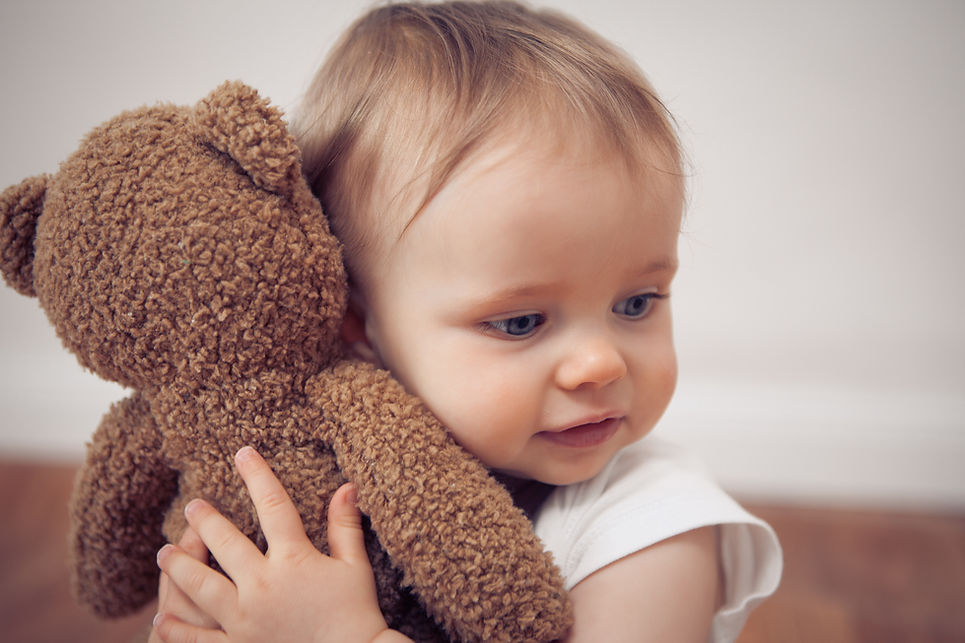Infancy Stage
The infancy stage is the time from birth to one year old. This stage is characterized by fast physical growth, major brain development, and development of strong emotional bonds. At this time, babies learn motor skills like sitting and rolling, and start trying to communicate. They develop trust with consistent, loving care. The brain grows faster. Infants start to communicate through crying, sounds, and imitation while trying to understand their surroundings through movement and play. Activities like reading, playing, and encouraging exploration helps build language, motor, and cognitive skills. Milestones can include smiling, making eye contact, rolling over, sitting, and grasping objects.

The Teen
Connection
Why does it matter for teens?
Understanding proper infancy stage development allows teens to learn about the proper foundations for growth, connections, and the formation of relationships. It builds awareness of how early care, love, and environment shape emotional and social health later on. For teens interested in childcare, psychology, or medical careers, this knowledge provides a strong foundation in understanding growth and developmental processes. It also allows teens to become more responsible siblings, babysitters, or caretakers by knowing how to support a baby’s needs safely and lovingly.
Healthy Minds: Psychology Corner
Jean Piaget's Theory of Childhood Development
Sensorimotor stage from birth to 18 months ---
During the sensorimotor stage, Piaget explained how infants learn about the world through their senses and actions. In this stage, babies learn by touching, sucking, grasping, and moving. At first, their movements are mostly automatic, but eventually they learn control over their actions. Through this process, infants understand themselves, their surroundings, and how they can interact with people and objects.
Erik Erikson's Stages of Psychosocial Development
During the trust vs. mistrust stage, from birth to about 18 months, babies learn to trust the world around them. When caregivers meet the baby's needs (like feeding them, comforting them, and keeping them safe) babies develop a sense of trust and security. If their needs are ignored, they may develop mistrust and feel uncertain or scared. This stage is important because it lays the foundation for how a child will view relationships as they grow.


Glossary
Motor Skills
Device made from cloth that is tied tightly around a limb to stop blood flow and loss of blood

